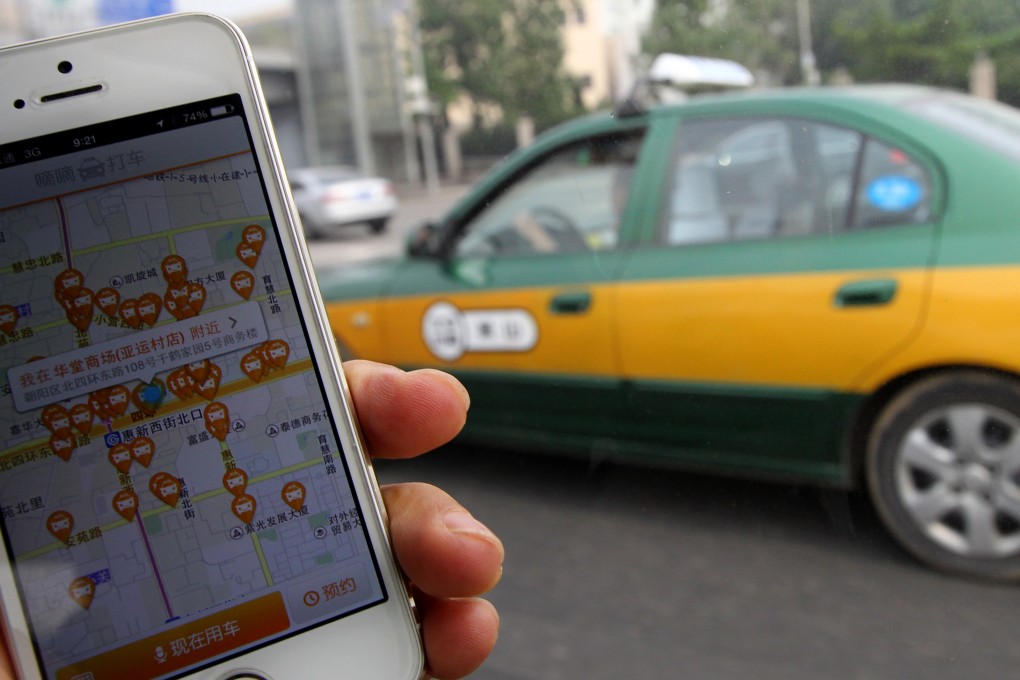Mr. Shangkong | Is China car-hailing app Didi Kuaidi the next monopoly taxi business?
By introducing extra fees without a satisfactory explanation, the car-hailing app faces backlash

Once upon a time, it was considered heroic to break a national monopoly in the taxi business, but it soon became a different kind of monopoly by itself. This is certainly far from the original definition of a "sharing economy".
Didi Kuaidi, often dubbed by media as the "Uber of China", is now in a new public relations crisis in its home market after the car-hailing app suddenly decided to add a so-called "dynamic extra fee" to passengers' rides that depends on location, weather, traffic situation and other various factors.
The reaction from passengers? Frustration. Many felt they were cheated by Didi Kuaidi, which now controls about 80 per cent of the domestic market. Hundreds of comments by frustrated passengers were posted on Didi Kuaidi's official social media page on Weibo and the news quickly spread across state media over the weekend.
"So, Didi Kuaidi killed taxi business monopoly in China and now Didi Kuaidi becomes the biggest monopoly [in the taxi business]," said one Weibo post.
It got worse when Didi Kuaidi staff told state media the "dynamic extra fee" would be decided by the so-called "big data" system without any further explanation of how "big data" really worked in deciding the price rise. Some passengers complained their rides ended up being more expensive than taking regular cabs and they wanted to report their cases to local transport regulators.
Just a couple of months ago, the majority of public opinion stood behind Didi Kuaidi against the regulators because many passengers felt it could help them find cabs more easily and at a lower rate.

